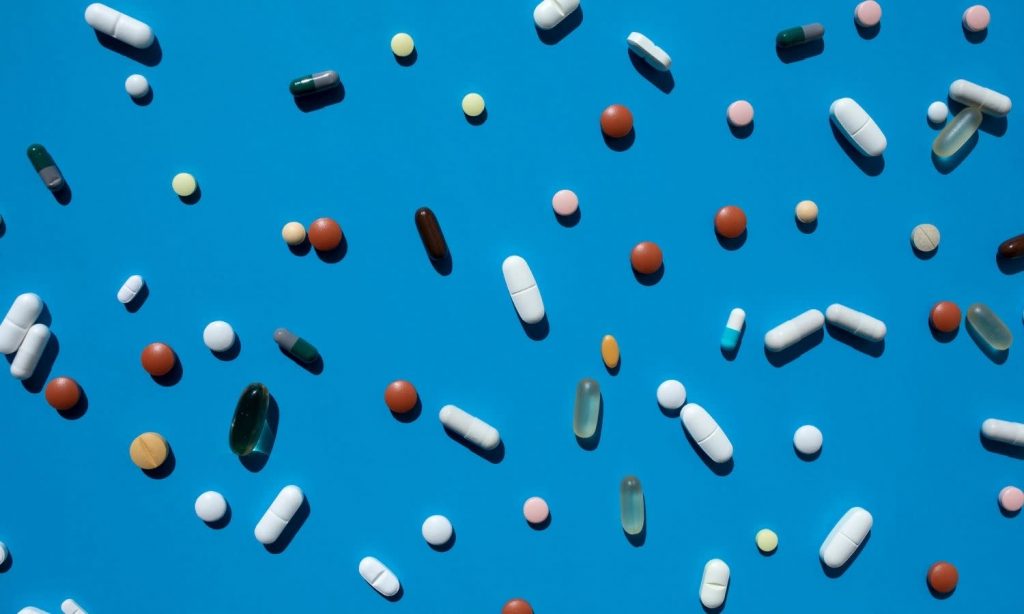Supplements are all the rage nowadays. From ones that help reduce stress and anxiety, to vitamin D’s connection with COVID — even Fabio swears by them. Honestly, it’d be surprising if you didn’t take them. As someone with depression, I’m always being encouraged to balance the medical, the physical and psychological. Sometimes I add in an element of dopamine dressing, too. Lifestyle is also a big factor — which is where supplements for depression come into play.
We’re not saying these supplements will cure your depression — but they may help alleviate some of the symptoms of depression. And according to Beyond Blue, one million Australians have depression in any one year — so any win, no matter how small, is enough.
So, without any further ado, here are six supplements that you can use in the management of depression.
B Vitamins
Turns out there’s more than one type of B vitamin that can help alleviate symptoms of depression. These include vitamin B-3, vitamin B-9, and vitamin B12.
B3 — also referred to as niacin — is relevant to the production of serotonin. You know, that pesky little happy hormone we depressed people wished we had more of. A dose of 20mg of B-3 each day can be helpful.
Another important vitamin that helps with serotonin? B9 — also known as folic acid or folate (any pregnant person knows about that). It helps with the synthesis of serotonin, and may reduce symptoms of treatment-resistant depression.
And B12? It can reduce depressive symptoms when used alongside antidepressant medications, and could delay the onset of depression.
Omega-3 Fatty Acids
Omega-3 fats are essential – so you should be getting them from your diet. If you don’t eat fish— whether because you’re vegetarian or just find fish unappetising — it’s best to consume these fatty acids in supplement form. Studies have found omega-3 fatty acids to be helpful in improving depressive symptoms.
Vitamin D
Yep, the vitamin that potentially helps with coronavirus also helps with depression. In fact, if you live in a place with a limited amount of sunshine in the winter months — like London for example — you’ll find a lot of people taking vitamin D. Why?
Well, it’s known as the sunshine vitamin (your body produces it in response to sunlight exposure), and in the winter months when less sunlight exists, people are more likely to get SAD. Not sad as in the emotion, but seasonal affective disorder. People with depression are more likely to be low or deficient in vitamin D. So not only can vitamin D help with general health, but also can help with depressive symptoms.
Zinc
A study in Psychiatric Times found that inadequate levels of zinc and magnesium have direct, observable effects on biomarkers of mood and behaviour. Another study found that zinc deficiency is majorly present in people having depression — it also found that the long term use of zinc can regulate symptoms of depression.
Just remember, with anything mental health-related, it’s best to talk to your GP or psychiatrist before trying something new.
If you or anyone you know is struggling and needs support, call Kids Helpline on 1800 55 1800 or Lifeline on 13 11 14, both of which provide trained counsellors you can talk with 24/7. You can also speak with someone confidentially at Headspace by calling 1800 650 890 or chat online here. If you are in immediate danger, call 000.
Read more stories from The Latch and subscribe to our email newsletter.







